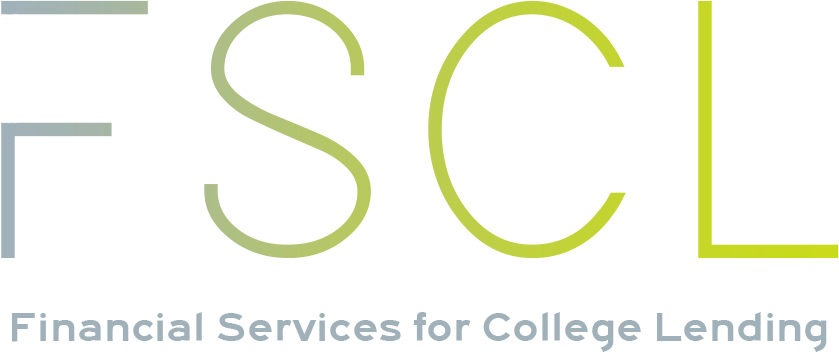Originally Published in the Daily Orange. Click Here to read the Daily Orange Article.
Financial Services for College Lending, a startup company run by Syracuse University students, is working to help college students better manage their student debt after graduation.
FSCL, pronounced as “fiscal,” is still in its developmental stages. The company will allow students to pay back their loans based on how their income increases or decreases over time, said Sam Hollander, a junior at SU and the company’s founder and CEO.
“Our mission is to find a simple, affordable and flexible solution to finance higher education and mitigate the difficulties surrounding student debt,” Hollander said.
Hollander, who studies finance and advertising, founded the company during his sophomore year after learning one of his family members still had a large amount of student debt into their 50s. After spending weeks researching alternative methods for handling his own debt, he learned that there are few ways for students to pay back their debt aside from traditional loans.
These loans can be especially difficult to pay back for students who have just graduated and are still looking for work or can only find entry-level jobs, Hollander said.
“Students are often handcuffed to their debt,” he said. “A lot of times we see that recent graduates are way in over their head, and they can’t necessarily make their loan payments.”
To help students handle their debt, FSCL plans to use income share agreements through which customers can pay back loans using a fixed percentage of their income over a certain time period, Hollander said.
When a student first enters the workforce and may have a lower income, they won’t have to pay as much. But as their income increases, they’ll make a higher payment, representing the same fixed percentage of their higher income, he said.
“What’s really nice about ISAs is, in the long run you’re paying less money,” said Jack Lyons, head of business development at FSCL. “It also gives you a sense of security more than you do with traditional student loan debt. There are people at SU moving to New York City or areas with high costs of living which can be extremely stressful and they have to pay that off.”
FSCL also offers customers flexibility once they sign their income share agreement, said Lyons, a junior marketing and advertising major.
If an individual is having a hard time making their monthly payments, they can opt to defer for 24 to 48 months so they have time to gather the money, he said. Conversely, if an individual’s income drastically increases, the company may prevent their payments from increasing beyond a certain point.
“If someone isn’t making a living salary, they can defer their payments on the agreement,” Hollander said. “Alternatively, if someone is doing extremely well, they may experience an upside protection where their payments are capped at a fixed amount.”
When Hollander began researching to start the company, he realized that while some students already use income share agreements, they are typically only available to students in specific majors or at certain universities. Rather than imposing tight restrictions on customers, FSCL will serve any student, regardless of their major, what industry they work in or what school they attended, Hollander said.
“Our whole goal is to bring this to the broader market and offer anyone the ability to at least apply for an income share agreement,” he said.
FSCL began through SU’s Blackstone LaunchPad, an innovation hub that supports entrepreneurs at SU.
Student debt has the potential to cause a financial crisis in the U.S., said Linda Hartsock, the executive director of the Blackstone LaunchPad and one of Hollander’s advisers. About 45 million Americans have student debt, totaling about $1.7 trillion.
That debt could prevent college graduates from making important purchases later on, such as buying a car or house, Hartsock said.
“It’s a burden that students and their families should not have to deal with,” she said. “It means that (this) generation will get out of college and (they) will not be able to buy a home.”
Hartsock said FSCL’s income share agreements will also allow students to focus on what is important to them, rather than stress about making their loan payments.
Some lender companies that are meant to help with student debt are transactional and solely focused on how to make money, Hollander said. FSCL, however, will be relationship-based and will focus on helping its customer succeed, he said.
“I have the ability to bring a product and a company to the market that will transform students’ lives by reducing their financial stress,” Hollander said. “That’s really what motivates me the most.”
